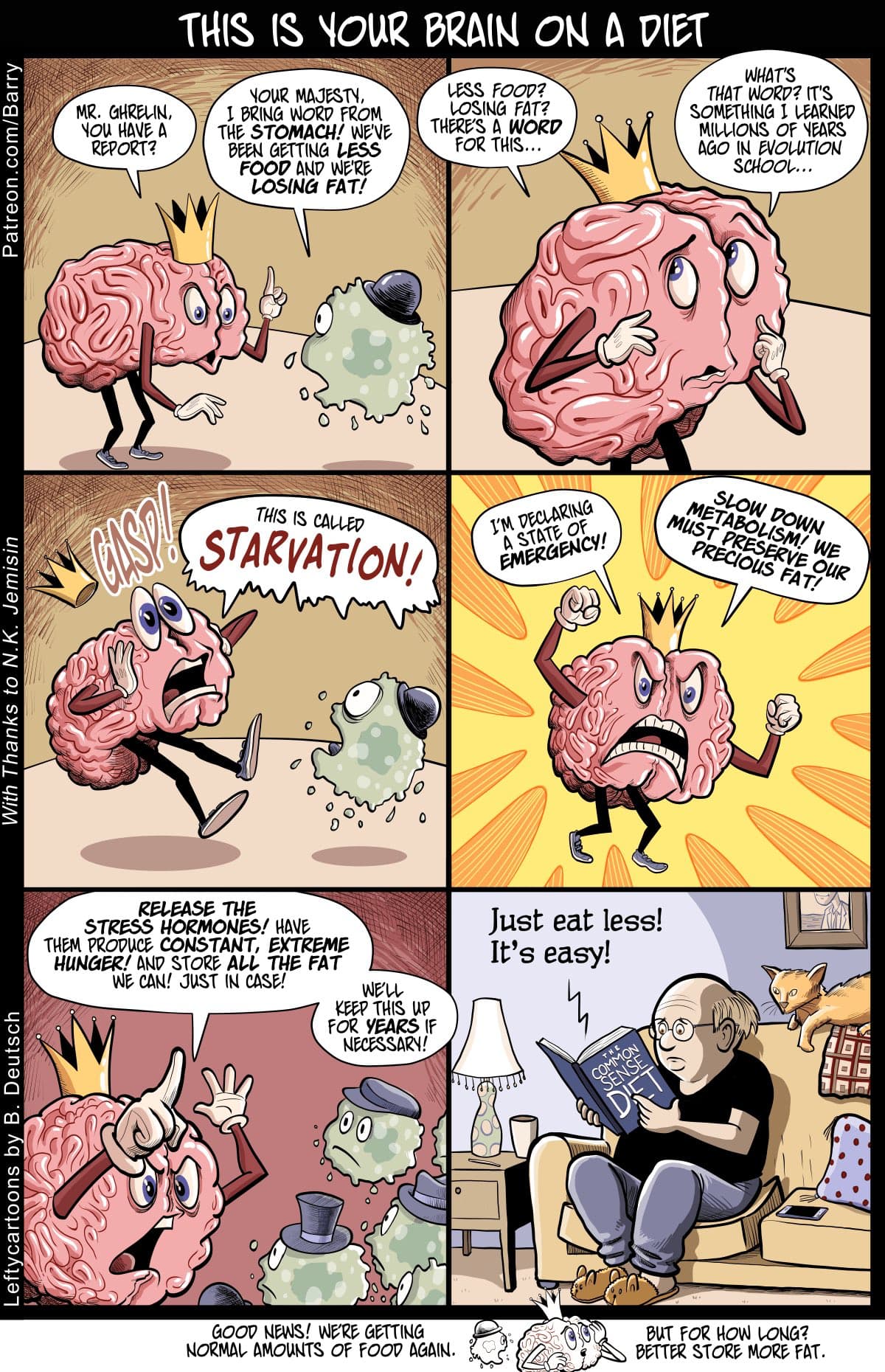Focusing here on confining eating to a window of 6-8-10? hours on a daily basis. Not focusing on longer fasting.
Interest is: is restricted period eating good for you? not interested in possible effects on weight control, but only upon CV and metabolic health.
So much published about this, but no concensus.
Research shows that fasting at least 13 hours daily (overnight and into the next day) reduces risk of breast cancer recurrence.
Research shows that after about 16 hours of fasting the cells begin autophagy. This process scavenges things like bent or misfolded proteins (that could be harmful) and breaks them down and re-uses them to make new things that the cell needs but cannot build in the absence of new nutrition coming in. This “house cleaning” is generally beneficial, but is a mild stressor. Also, while it could prevent new cancers from starting it might actually benefit existing cancer tumor cells.
Peter Attia used to do long fasts but he has abandoned this practice. Now he is about ingesting enough protein, and starting early in the day. He said that as soon as you wake up you need to get some protein in. If you don’t you start catabolizing.
Andrew Huberman says: follow circadian rhythms: no eating several hours before bed, / after dark. No eating upon waking, but eat breakfast an hour after you wake.
Jason Fung likes restricted period eating for its cancer-protective and metabolic benefits. Several studies hint that time restricted eating may have anti-aging and anticancer benefits.
Others-- concerns about fasting generally in older people because of the high priority of maintaining muscle mass and strength. (I am 74)
Others (eg. Tom DeLauer) says --good to do it some of the time but not every day. If you do it every day you will cause your body to start reducing metabolism rate.
So, I have come to the practice of definitely not eating after 7 or 8 PM, but having a small protein breakfast an hour or two after waking, on most days. On the two days a week that I swim early, I break-fast around noon, so I am basically doing restricted period eating two days per week.
Everything is a tradeoff: on the one hand: lots of protein, strength, muscle, reduced sarcopenia, reduced fall risk, etc, but higher metabolism, higher levels of ROS (oxidative stress);on the other hand, lower metabolism, lower cellular activity, higher autophagy and potentially lower cancer, but also less muscle, strength, overall robustness? How to balance?
What is your view about all this, and what is your practice? and correct me please if I am wrong or have misstated anything in the above.
